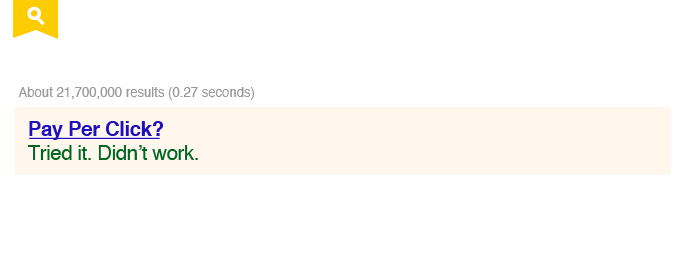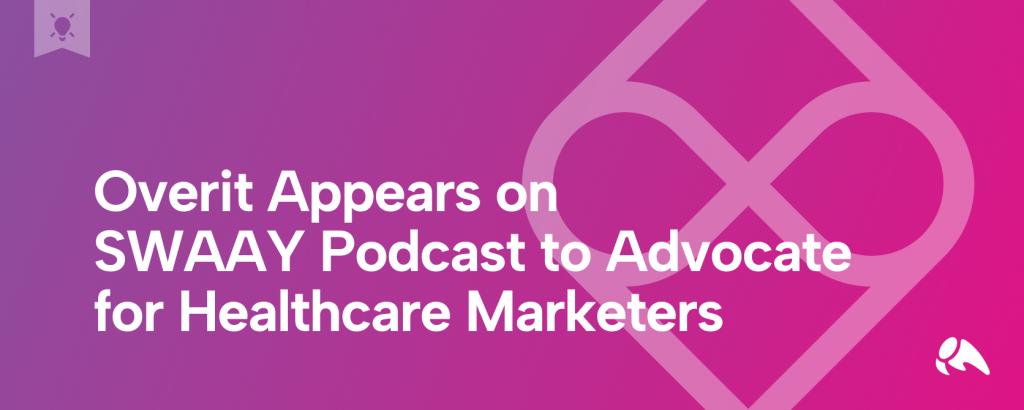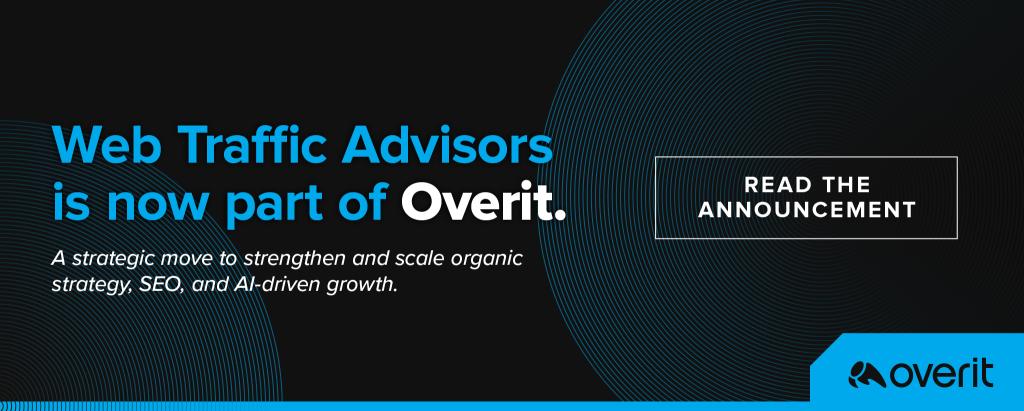
I can’t tell you how many times I’ve heard people write off Pay Per Click campaigns by saying, “We already tried that. It didn’t work.”
Let’s say you just purchased a new Porsche 911. You drive it for a few days and love it, but one morning you get in and find it won’t start. You immediately call the dealer to come take it back and give you a refund. When the dealer takes a look at your car, he discovers the reason your Porsche wouldn’t start was that it had run out of gas. It wasn’t the car, it was you.
If you just throw together a quick PPC campaign, fire it up, and let it run by itself, it will likely crash and burn. Just like you need to keep your Porsche’s gas tank filled and to stay on top of your regular maintenance, you need to do the same with your PPC campaign. There has to be someone regularly monitoring, adjusting and maintaining PPC campaigns in order for them to work properly.
Unfortunately, Google’s efforts to push AdWords directly to business owners have resulted in many people setting up campaigns on their own with no prior experience, only to waste significant cash on little success. However, properly managing a PPC campaign to balance spend and results requires a level of experience and knowledge that takes significant time to learn. At Overit, we have the results from countless satisfied clients who will vouch for the value of working with an agency that lives and breathes PPC, and I can point to many other qualified individuals and agencies to speak to the same theme.
Before you declare PPC is dead and immediately shift money into direct mail or newspaper ads, take the time to determine why the campaign didn’t work.
Careless Setup
While Google provides some basic support to people who have never used AdWords, often their assistance hurts more than it helps. Many people setting up their first account will just create one ad group, dump a hundred keywords in, and write one or two ads. Of course any account set up this way is going to suffer from the start.
In addition, setting all keywords to broad match, as many PPC beginners do by default, nearly always results in non-relevant searches, triggering ads to show. Understanding match types leads a knowledgeable PPC manager to focus on phrase, exact, and broad match modifiers, as opposed to setting all keywords on straight broad match, while adding negative keywords to exclude unwanted queries.
Not Enough Time
PPC campaigns take time to determine effectiveness. Don’t expect sales to double within the first week. Don’t turn off a campaign after you’ve spent only the first $100 and haven’t seen any leads yet. Unfortunately, many business owners lack patience and shut down a campaign if they aren’t seeing results instantly.
Managing a PPC campaign requires a lot of testing to determine what keywords best reflect your target audience’s queries and the ad copy that most effectively produces leads. In addition, a PPC manager can adjust a number of behind-the-scenes campaign settings that require enough statistics to accumulate in order to make informed decisions. At Overit, we generally recommend clients allow at least three months to assess the effectiveness of PPC.
Set It, Forgot It, Didn’t Touch It
Marketers entering the online world from a traditional marketing background often approach advertising with a “set it and forget it” mindset. Unfortunately, PPC doesn’t work the same way as placing a TV or newspaper ad and just letting it run. If you just turn on a campaign with no plans to pay attention once it’s run for a month, it will likely fail. Once you’ve launched a campaign, it requires constant attention to monitor bids, pause keywords that aren’t being effective, identify new keywords, and tweak ad messaging.
Focused on the Wrong Stats
Don’t get hung up focusing on a single statistic. Many people choose to zero in on one factor like the number of clicks, cost per click, bounce rate, conversions, or cost per lead. However, a proper evaluation of statistics in a PPC campaign takes into account all of these factors to determine the return on investment.
Even if a campaign did not drive many clicks, the clicks you did receive may have included a number of high value visitors who then converted into paying customers. Or you may have had to pay an expensive cost per click but, in the long run, paid a reasonable cost per acquisition. Or you may even be running a brick-and-mortar business where people aren’t so likely to submit a form on your site, but your location did see a noticeable increase in business while the PPC campaign ran.
Website Issues
A PPC campaign can only be effective as the website it links to. Don’t think that you can just throw a few dollars into PPC to boost business while not paying any attention to a mediocre site.
If your site provides a poor experience on mobile or loads pages slowly, you’re likely losing many potential customers. Or if your website’s content fails to represent your brand properly, fewer people will convert, no matter how precisely targeted your ad copy and keywords are.
Other Factors
Like any other marketing channel, PPC does not operate in a bubble. Offline marketing efforts, PPC, SEO, content, and many other factors ultimately affect people’s decisions to use your product or service. Most people will touch your brand via multiple channels before finally deciding to purchase.
Before dismissing PPC, consider if outside factors could be affecting your business. Do you have a bad reputation from several negative reviews people find while researching? Or do you not have enough of an established reputation for people to trust you if they find no articles, no social profiles, and no reviews mentioning your brand? Does business generally slow down certain times of year for your industry?
Business owners often want to put a finger on one specific effort to blame when income slows, but rarely is the actual cause that simple. With careful analysis, you may very well find that PPC was indeed not effective, but make sure you have actually taken the time to review the data before making that call.
In summary, before you can accurately assess the impact of PPC on your business’s bottom line, ensure that you have set up a campaign properly, allowed enough time, consistently optimized, focused on the right stats, and ensured your website provides an effective user experience. If you’re overwhelmed by the prospect of everything involved, consider partnering with an agency for PPC campaign management.







